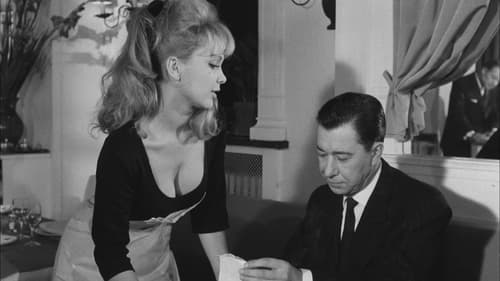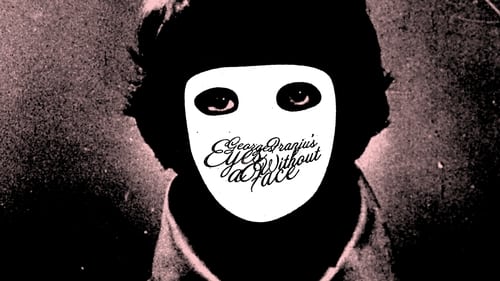
Production Manager
The harsh life of a troubled young man provides the basis of this grim French tragedy that begins when the fellow stops into a shop to buy a pack of the title cigarettes. There he meets a pretty shop girl with whom he falls in love and eventually marries. It was a foolish choice, for the two cannot get along and constantly fight. Things get worse when the husband resumes his criminal activities and gets caught. The two are about to divorce when the woman gets pregnant. The time comes for their baby to be born and while sitting in the waiting room, the husband reflects upon his past activities, which are revealed via flashback.

Production Director
In a building close to the Place de la Contrescarpe in Paris, a tale of criss‑crossings in turn romantic, gourmet, interested or mystical, between an Italian gigolo and a nightclub hostess, a family of butchers and an apprentice rocker, a mystic tailor, a writer sending himself telegrams, an alert paralytic woman, a thoughtful concierge, a bird breeder and a just‑out‑of‑jail hooligan. Little by little each one discovers each other’s more or less troubled history… when a mysterious death introduces the Police within this huis clos, hastens disclosure of well‑kept secrets and ruffle this little World.

Production Manager
Dr. Génessier is riddled with guilt after an accident that he caused disfigures the face of his daughter, the once beautiful Christiane, who outsiders believe is dead. Dr. Génessier, along with accomplice and laboratory assistant Louise, kidnaps young women and brings them to the Génessier mansion. After rendering his victims unconscious, Dr. Génessier removes their faces and attempts to graft them on to Christiane's.

Editor
In a world of poverty, three young girls of Bangladesh trying to find meaning of life through their dreams. Slavery in modern times. Does it exist and what does it look like? In Bangladesh's textile industry, we see how the mechanisms linked to the western world's fashion industry are ravaging young women's attempts at a dignified life. Sabina, Ruma and Nazjnin work every day from early morning to late evening in the dangerous and dirty environment of the textile industry. The job provides no prerequisites for neither completing schooling, nor being able to move from the conditions in the slum. The rules at the factory are harsh and in order to provide for their families, they must continue to sew the clothes that we in the Western world want to buy as cheaply as possible. Who pays the price and is there light in this darkness?



